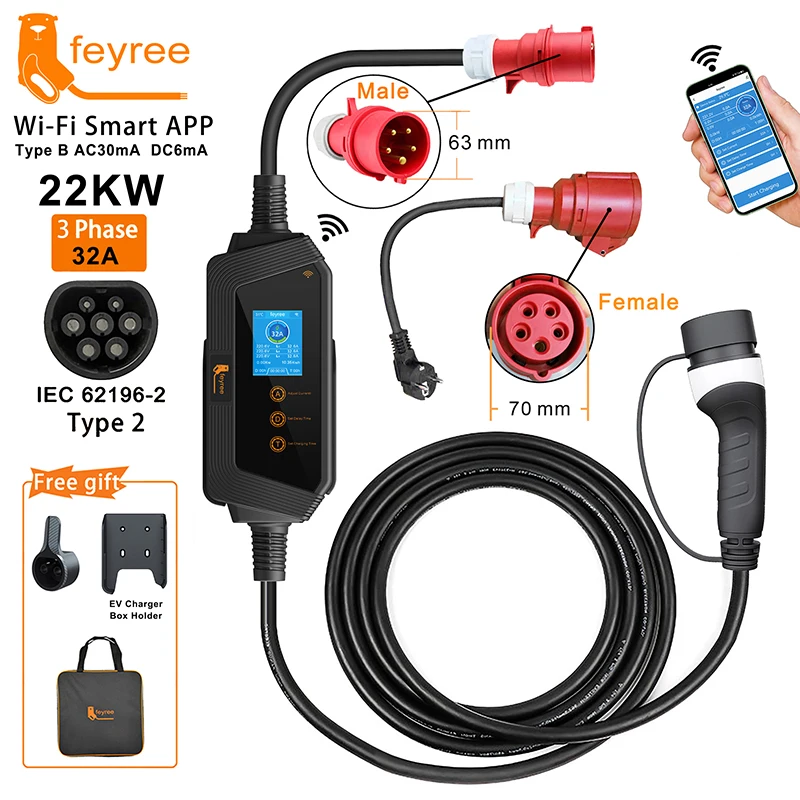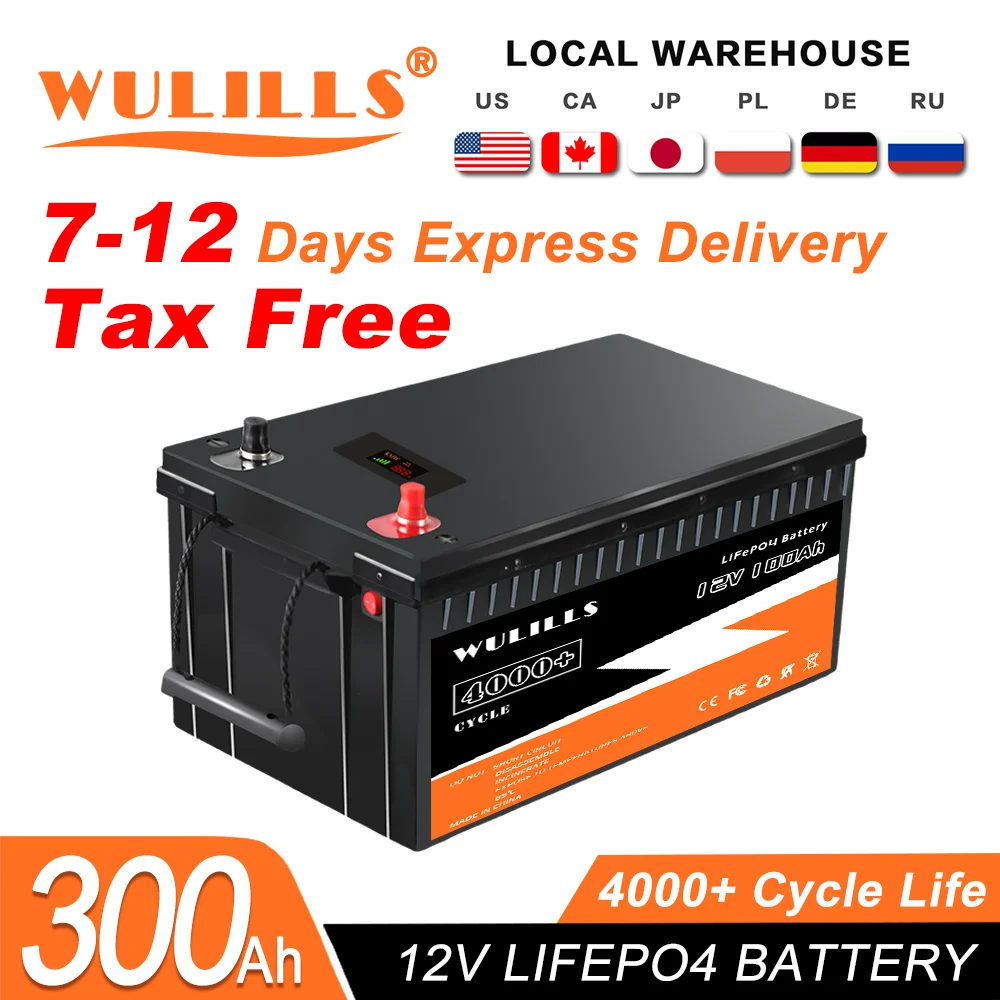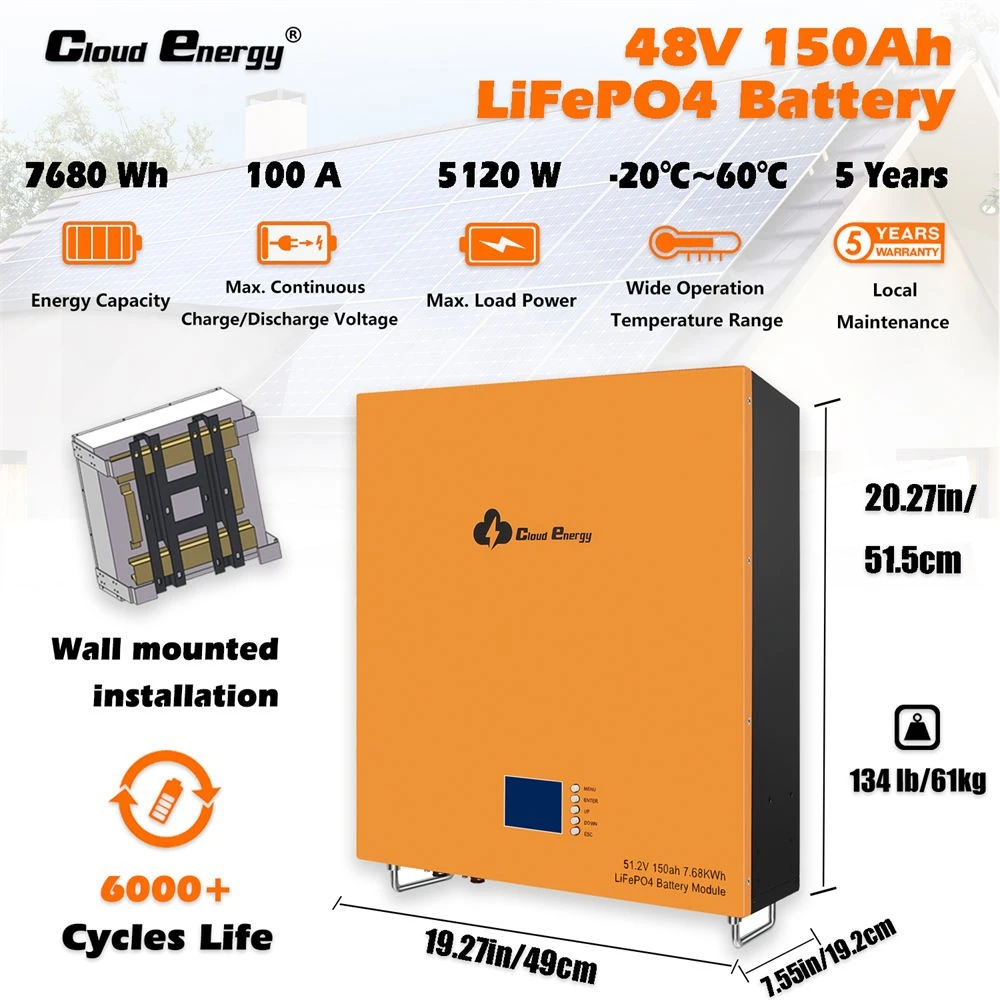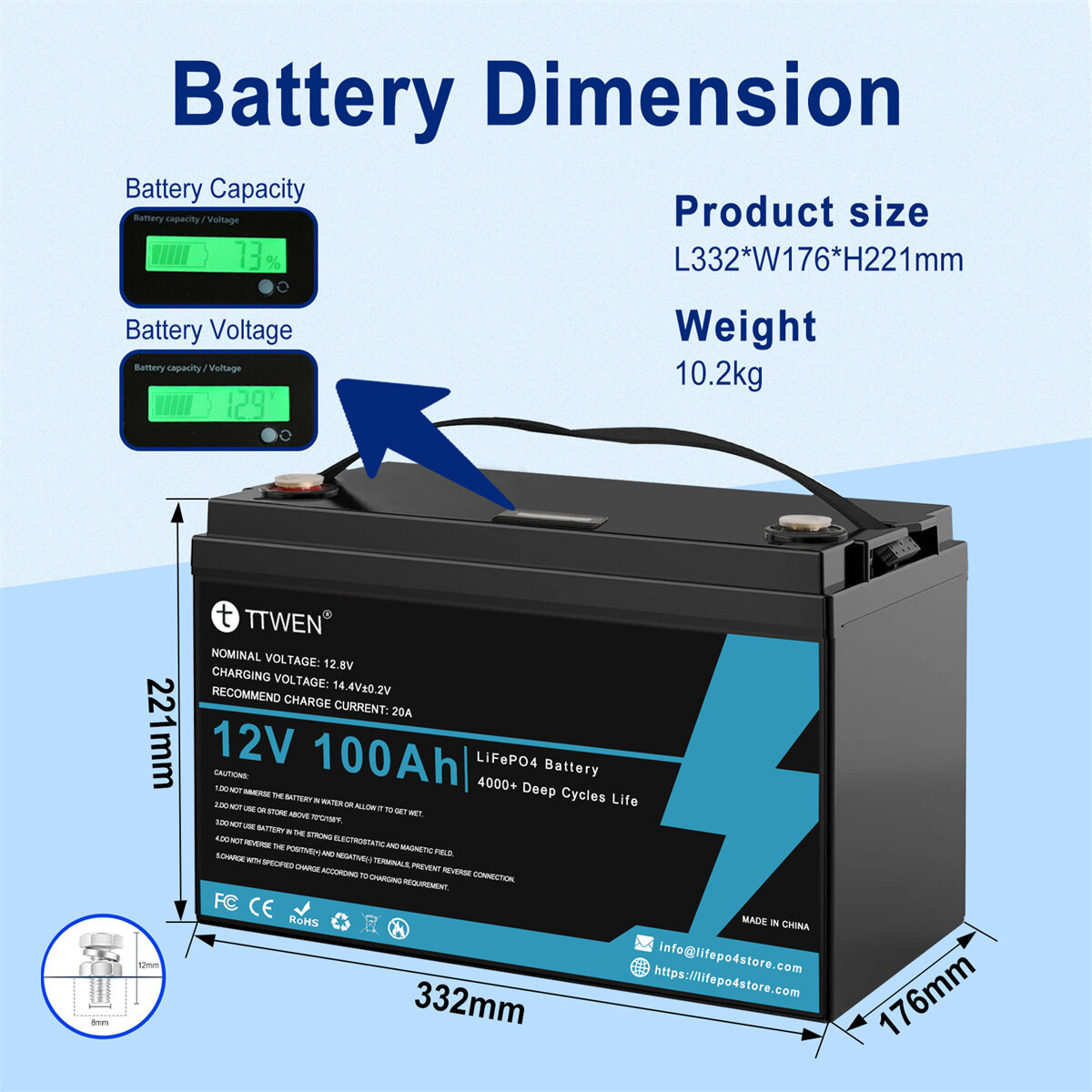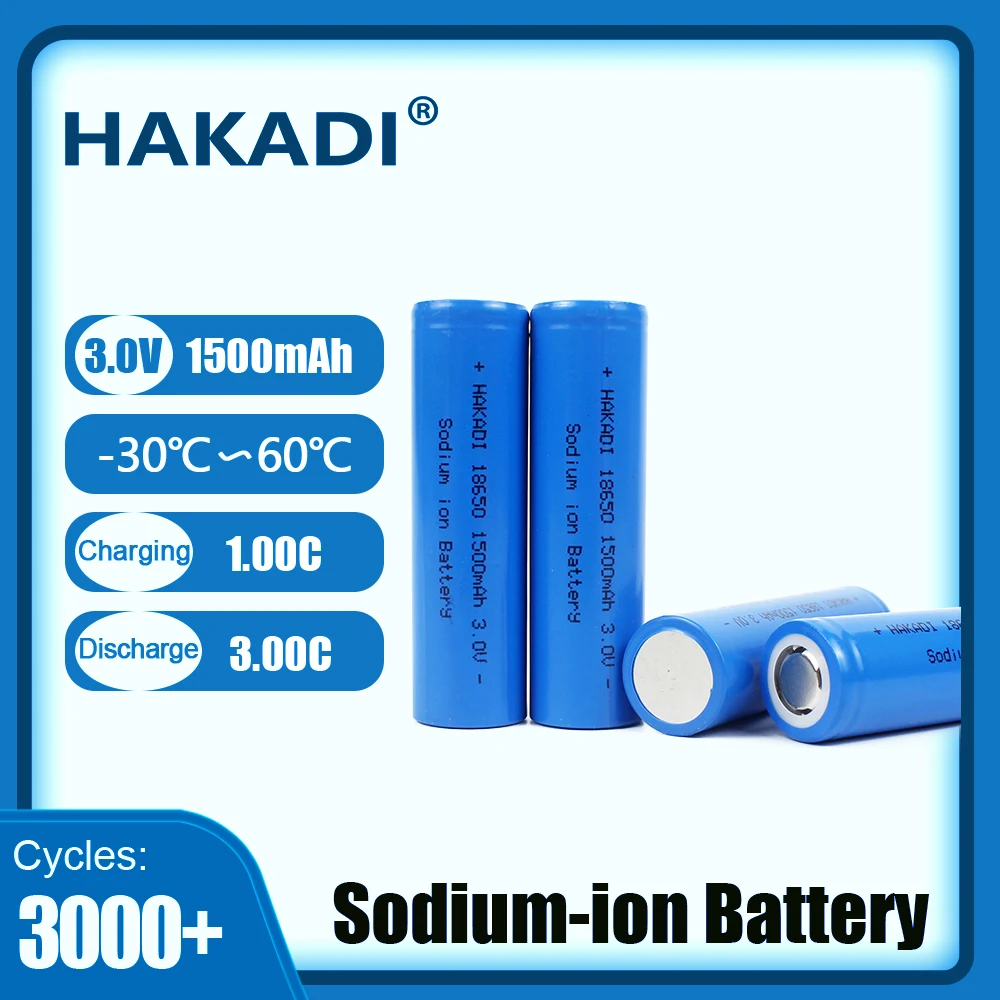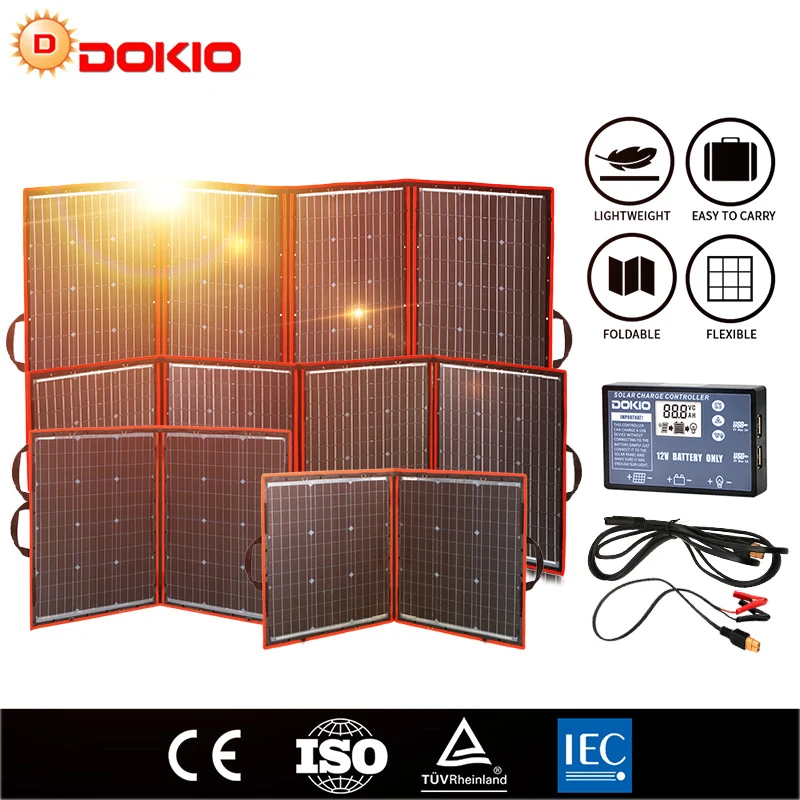According to the some recent MIIT (Ministry of Industry and Information Technology) documents, a pure electric dump truck from the XCMG Group now holds the record for having the most energy dense LFP (LiFePO4) battery.
The XCMG Group is the leading Chinese construction machinery manufacturer and one of the world’s largest.
Let’s see more details of this electric truck.
- Length: 10.900 mm
- Width: 2.550 mm
- Height: 3.500 mm
- Gross weight: 31.000 kg
- Curb weight: 23.000/23.600 kg (empty vehicle)
- Maximum speed: 80 km/h
- Range: 420 km
- Battery capacity: 422,87 kWh
- Battery energy density: 176,1 Wh/kg
- Battery chemistry: LFP (LiFePO4)
- Motor: 450 kW and 2.800 N.m of torque
Unfortunately I couldn’t find a picture of this electric truck.
Anyway, an energy density of 176,1 Wh/kg is impressive for a LFP battery pack. In the coming months we might see this kind of energy density also in LFP batteries for electric passenger cars.
More info:






























